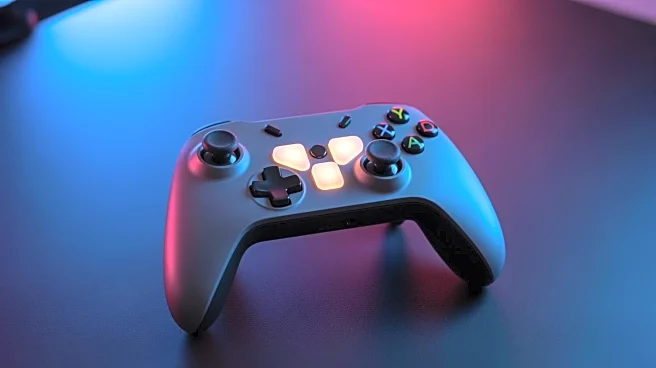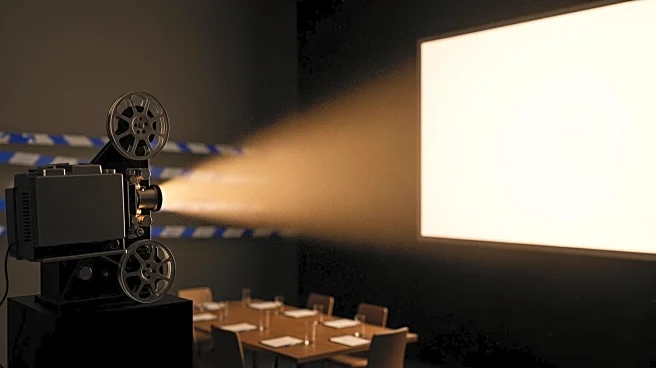What's Happening?
Indivior has published results from a clinical trial demonstrating that rapid induction with SUBLOCADE, an extended-release buprenorphine, improves retention rates in opioid use disorder (OUD) treatment.
The study compared rapid induction, involving a single dose of oral buprenorphine followed by a same-day SUBLOCADE injection, to standard induction, which requires at least seven days of oral buprenorphine adjustments. The rapid induction method showed higher retention rates, particularly among fentanyl-positive participants, suggesting it may be more effective in keeping patients engaged in treatment during the critical early weeks.
Why It's Important?
The findings are significant in the context of the ongoing opioid crisis, offering a potentially more effective strategy for treating OUD, especially in high-risk patients. Improved retention rates can lead to better long-term outcomes for individuals struggling with opioid addiction, reducing relapse rates and enhancing recovery prospects. This approach may also influence treatment protocols and guidelines, encouraging healthcare providers to adopt rapid induction methods to improve patient engagement and success rates in OUD treatment.
Beyond the Headlines
The study's open-label design may introduce reporting bias, but the results highlight the need for innovative approaches in OUD treatment. Rapid induction could become a critical tool in addressing the challenges posed by fentanyl use, which complicates traditional treatment methods. The success of this strategy underscores the importance of patient-centered care models that prioritize engagement and retention, potentially transforming how OUD is managed in clinical settings.









